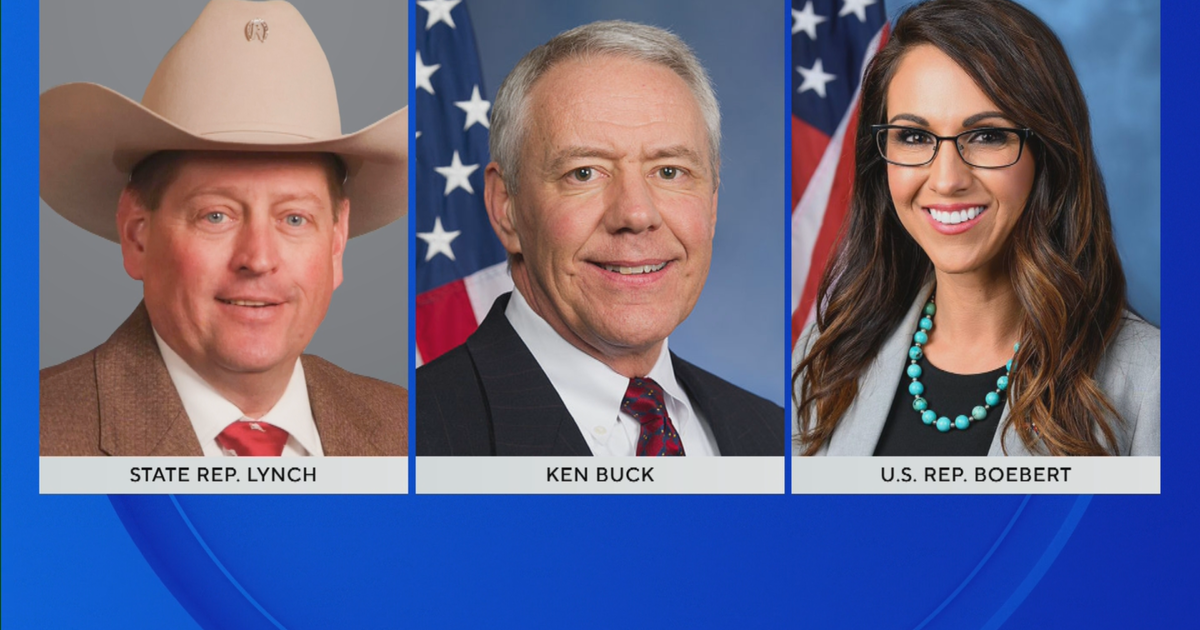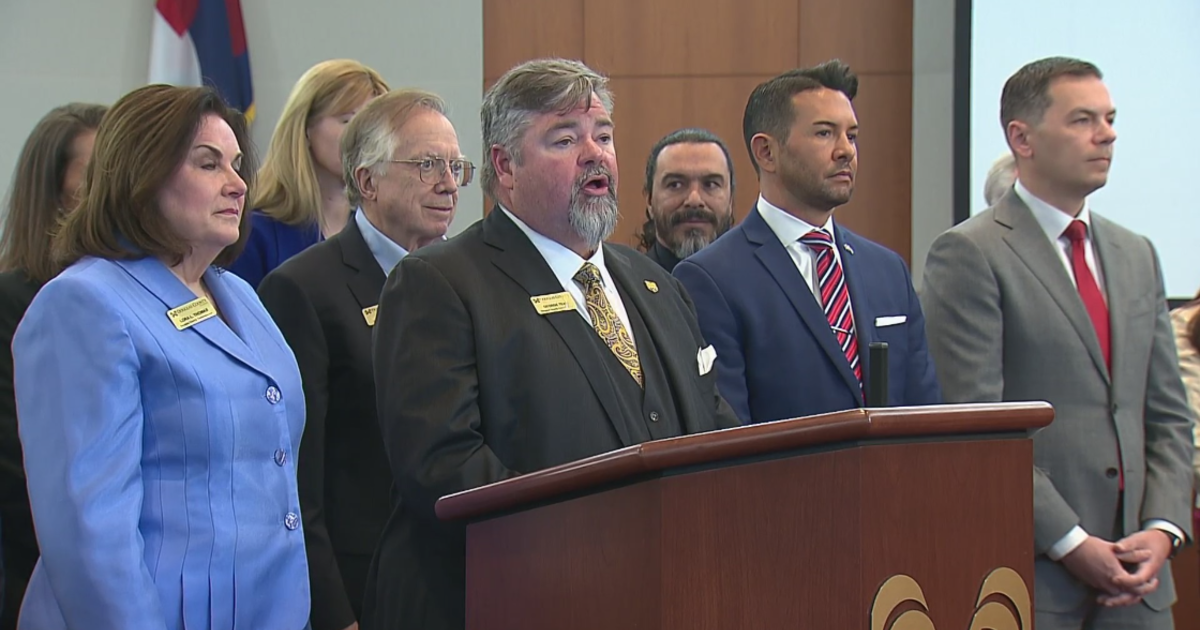Colorado No Stranger To Flooding, Extreme Conditions
DENVER (CBS4)- Looking for a silver lining from last month's historic and devastating floods that struck Colorado may be hard but scientists are using the disaster as a learning experience.
Floods are nothing new to Coloradans but this flooding was unlike any other.
"It doesn't really compare to any others that I have been through," said Colorado native JD Benedict.
Benedict was 18 years old when the South Platte River flooded through Denver in 1965.
RELATED: State Climatologist's Office: 1965 Flood Not Really Comparable To 2013
"We were standing there, watching trailer houses float down the river," he remembered.
That flood ripped through the streets of Denver leaving a path of destruction.
Colorado's governor at the time spoke of the residents' incredible resiliency.
"I can't say how proud I am of the citizens of Colorado and how they've handled this thing," said former Gov. John Love.
Still, flooding was nothing new then.
Photos CBS4 found at the Denver Public Library show Walsenburg underwater in 1886 and Cherry Creek running through West Denver in 1894.
Of all Colorado floods the Big Thompson River flood in 1976 was the state's deadliest, killing 144 people.
"The events we've seen in the past, the Big Thompson Canyon flood and the Fort Collins flood back in 1997, those were all thunderstorms that blew up in a small area," said Kelly Mahoney, a science at the National Oceanic and Atmospheric Administration. "They all rained themselves out in a matter of six hours or less."
The meteorological phenomenon that fed the moisture in the most recent flood was a stagnant pattern that stayed in place.
That storm dumped as much as 18 inches of rain along the Front Range over the course of seven consecutive days.
Kelly Mahoney said that they haven't found any flood like it yet and many lessons will be learned.
"The way we always conceptualized extreme rainfall in this area is going to have to shift a little bit in order to really be prepared going forward," said Mahoney.
CBS4's Jim Benemann asked Mahoney if events like this could become more common.
"Even if the frequency doesn't necessarily increase in this area," said Mahoney, "the idea that we can continue to get as intense, if not more intense, events is certainly consistent with the theory."
Scientists will study the 2013 floods for quite some time. Now they are focusing on accessing storm alerts from the National Weather Service for looking at emergency preparedness responses.
--Written for cbs4denver.com by Conor McCue
Colorado Floods: How To Help
The recent floods are impacting families and communities throughout Colorado, so CBS4 has compiled a list of ways you can support the local communities impacted by the floods.



